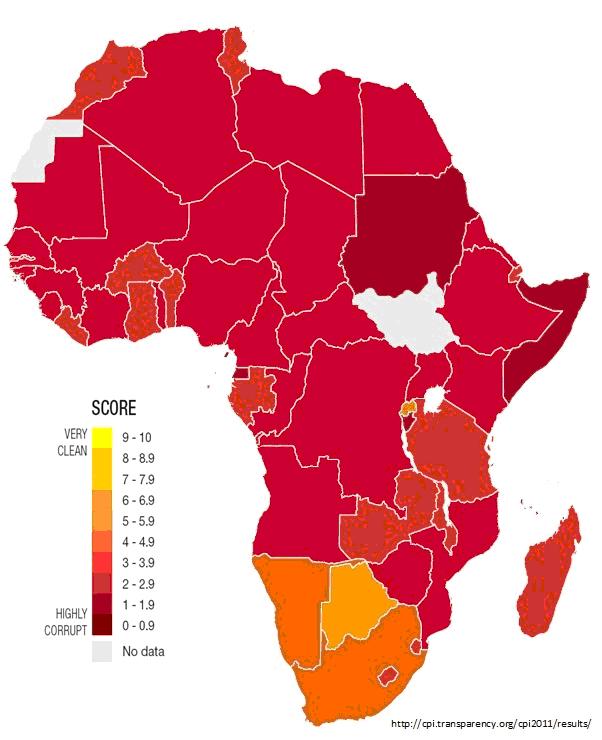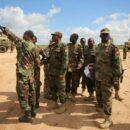Sudan: Attraction of Unity and Challenges of Separation
“Sudan: Attraction of Unity and Challenges of Separation” was the theme of a two-day workshop organised by the National Civic Forum in Justice Africa’s Sudan office Conference Hall on 15-16 August 2009. The main objective of the workshop was to look at ways of making unity attractive for the people of South Sudan in the 2011 referendum for self determination according to the Comprehensive Peace Agreement (CPA).
The participants included many prominent Sudanese politicians, academics, journalists and civil society activists. Many well prepared, informative and analytical papers were presented. The views of Sudanese political parties also listened too from their representatives. The papers included:
– The role of northern Sudanese political parties on how to make unity attractive.
– The role of southern Sudanese political parties on how to make unity attractive.
– Darfur Crisis as factor in the national unity of Sudan.
– Sudanese women’s Movement Efforts to make unity attractive.
– The CPA and the political destiny of the Three Areas.
– Sudanese civil society and the Attractive Unity
– The role of the international community
– The future of IDPs from south Sudan in case of secession.
– What is the way forward?
The National Civic Forum is a coalition of Sudanese civil society organisations and activists mainly established to address issues relating to the democratic transformation in Sudan. The workshop was an important attempt by some Sudanese intellectuals to find ways by which unity could be achieved, and was the first attempt by Sudanese activists to address those issues openly. For the last four years those issues were avoided. There were only gestures from some politicians from the two parties to the CPA, about making unity attractive without any substantial actions to back that up. Activists can only do little as they are powerless and not on the driving seat, time is running out as Salva Kiir the Sudanese First Vice President made it clear two weeks ago.
If we look back four years since January 2005, and compare that to where are we now, it is obvious that there was chance before to make unity attractive which has evaporated now. The case for separation is too strong and it difficult to change it in the remaining few months.
According to the Comprehensive Peace Agreement (CPA), the south enjoys the right of self determination at the end of the interim period (2011) with agreement from the parties to make unity attractive, through confidence building and investment in the south such as infrastructure.
But the endeavour to make unity attractive has faced many setbacks due to the lack of trust between the two main parties, due to the unwillingness of the National Congress Party (NCP) to honour its commitment according to the CPA, which led to many parts of the agreement not being implemented. One of the clear sign of lack of common vision is their disagreement on the terms of the Referendum Bill.
The whole vision of new Sudan now in serious trouble, as one of my friend said to me, this dream was buried with Dr John Garang, even the unionists within Sudan People Liberation Movement (SPLM) are now neutralised and find it difficult to talk about united Sudan. The NCP recognised after it is too late, that unity is their best option and started talking about it and highlighting the danger of separation for south Sudan, and they want to force unity through making the decision for secession hard to achieve. One example is the clause in the law which only allows separation if 75% of the voters support it.
It is also clear from Juba conference which started this week that any talk about trying to derail or delay the referendum will not be acceptable to the southerners. Al Sadig Al Mahdi, the leader of the Umma party called for a conference to come out with a new protocol for coexistence and religious tolerance, and for multiculturalism. This conference is expected to produce a proposal for some kind of a confederal state, which was seen as a way of not allowing the referendum for self-determination to go ahead. As a result, six of south Sudan’s political parties decided to walk out of the conference in protest.
The majority of southern Sudanese are gearing up for secession even though the Government of South Sudan is facing many problems and failed to deliver on many promises, and is facing a lot of corruption allegations.
I think it is too late to do anything to stop the secession of south Sudan; the best option now is to make the transition peaceful and smooth.
We have to start examining the scenarios and options now, and looking at what has gone wrong. There is one question which we need to find answer for which is, why we are in this situation now and whom to blame for that, and we need an answer now and after 2011. We cannot talk about the current situation without looking back and examining Sudan recent history which led us to where are we now. This includes:
1- The attitude of northern riverian elites since the independence of Sudan in 1956, which hasn’t changed. They still believe they have the right to rule the country and ignore the peripheries, and that is very clear now, the NCP policies being a good example.
2- In December 1988 Mohamed Osman Al Mirghani, the DUP leader, signed an agreement with Dr John Garang, the SPLM leader. That agreement led to a ceasefire and a date for constitutional conference to address issues related to the future of Sudan. All Sudanese political parties accepted it except the National Islamic Front (NIF), that led to the formation of the so called the government of the transitional programme, with representation from all political parties except the NIF. The agreement did not include a self-determination clause as it was not an issue at the time. A date for the constitutional conference supposed to be determined in the first week of July 1989, and the foreign minister at that time Mr. Sid Ahmed Hassain was supposed to travel to Addis Ababa in the first week of July to agree with SPLM on that. But the NIF military coup was staged on the 30 June, the main objective of which was to stop the peace process, and to resort to the military option, adding another 15 years to the war, with the lost of millions of lives either directly due to the war or indirectly, and massive displacement to other part of the country or fleeing to the neighbouring countries. I hope Sudanese historians get it right this time by honestly telling the future generation the reason behind the division of the country.
3- Many Sudanese intellectuals still believe that there is a chance of keeping the country together, using economic incentives to convince the southerners to vote for unity as the best option for them. I don’t think that will work, for many reasons:
– Due to the credit crunch the proceeds of oil sale has been reduced and that has affected money allocated to the south, as oil revenue represented more that 90% of Government of South Sudan (GOSS) revenue. Even the funds which are allocated to make unity attractive are not being used properly.
– The gap between the north and the south has widened, as the current government concentrates all the development projects and investment in the north and the centre.
– The issue of having a national capital, with equal rights for its all citizen regardless of their religions, beliefs and ethnicity has still not been resolved.
– Until now there is no mechanism which establishes a proper healing process to overcome the affect of the 20 years war, many southern still suffering from the effect of the war and have not seen any peace dividends.
It is very clear that the majority of south Sudanese are pro-secession, even the alliance of the parties in the so-called government of national unity, have a position on the 2011 referendum that contradicts the NCP position, I think the right approach to deal with this issue is to prepare the country for all the probabilities, by starting a national debate to address all the issues related to the 2011 referendum and what happens afterwards.






